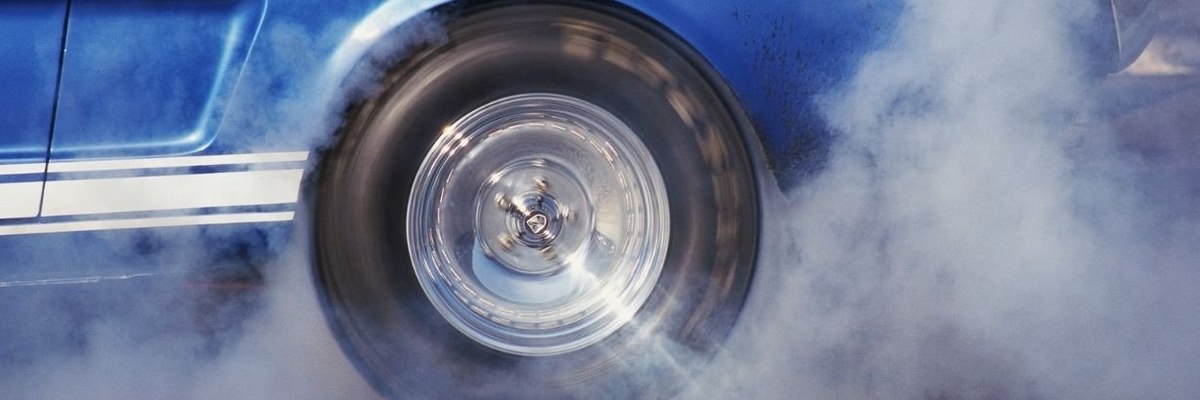
Bridgestone: A tale of two Olympic Games
Thanks to COVID-19, the recently-concluded Tokyo Olympics was always going to be a unique Games: from the complete lack of in-person spectators to the cardboard beds (allegedly, but not actually) designed to stop athletes from getting too friendly in between events. But with peak viewing figures lower than half of those for Rio 2016 among the BBC viewing audience, was it worth it for sponsors?
A look at Bridgestone, a sponsor of the 2016 and 2021 Olympics, suggests they didn’t necessarily get as much bang for their buck this year. Where Impression scores for the tyre and auto parts manufacturer (which measure overall perception of a brand) saw a slight increase last time around – rising from 11.2 to 15.4 (+4.2) between the opening and closing ceremonies – in 2021, there was a decline of -5.1: with scores falling from 16.9 to 11.8 between the beginning and end of the games.
And while the 2016 games burnished Bridgestone’s Reputation – a measure of whether people would be proud or embarrassed to work for a particular brand – with scores increasing from 11.9 to 15.1 by the end of the Rio games (+3.2), Tokyo appears to have had the opposite effect. Performance for this metric declined by -6.2 between the start and end of the 2021 event (going from 20.1 to 13.9).
It’s a similar story with Recommendation: a slight uptick in 2016 (going from 7.9 to 8.9 over the Rio Olympics) and a downward trajectory in 2021 (where scores fell from 16.8 to 12.0). Perceptions of Bridgestone’s Value for Money also saw healthy improvement in 2016, rising from 1.7 to 3.7 (+2.0), while Tokyo saw scores fall from 7.3 to 4.3 (-3.0).
The deferred 2020 Olympics were perhaps always going to present an unusual commercial proposition for sponsors, who invested a lot of money in an event that was compromised thanks to a deadly virus. But if Bridgestone is disappointed by the 2021 event, its performance in 2016 may remind the company that, under normal circumstances, a partnership with the Games can be an effective brand-building exercise. Roll on 2024?